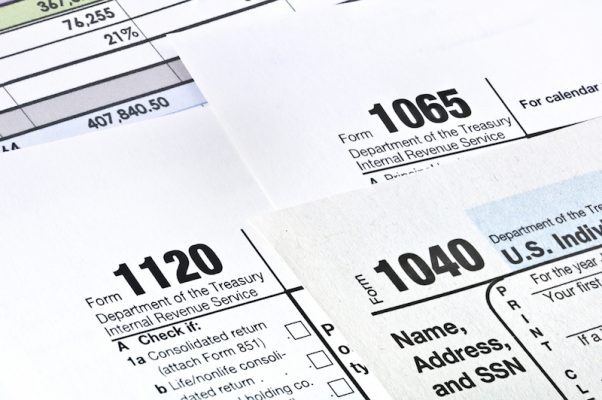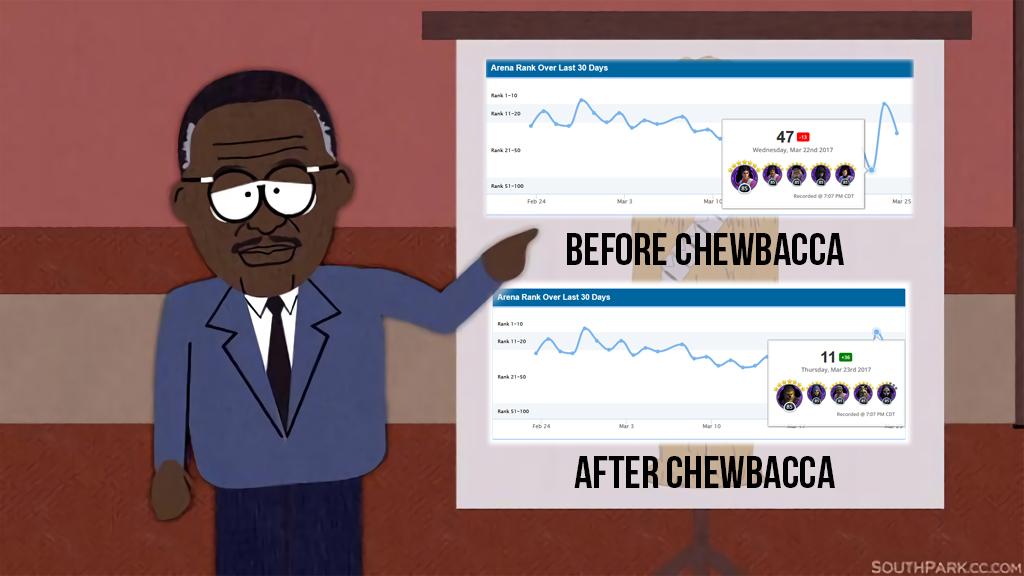So how do you know when to hire a tax attorney instead of a CPA? If you listen to the ads for all the free software and tax filing systems, you don’t need a certified public accountant to do your taxes.
But there are cases where a second set of eyes on your tax filing is not just recommended, but necessary. And not just from a CPA, but from an experienced tax attorney. As some experts have noted, accountants fill out the forms, but it’s the tax lawyers that set up the legal structures that affect your tax liability.
Here are a few clues:
You Own a Business (or Are Self-Employed)
We’ve said it before, but it bears repeating: most business structures are too complicated for you or an accountant to figure out on your own. A good tax lawyer will be able to advise on everything from corporate structures to business deductions, as well as the tax liability for any and all employees you have. And if you’ve accepted venture funding or merged over the past year, you’ll need a tax attorney’s expertise.
This is especially true if you’re self-employed. Beyond the possible tax deductions for a home office, travel expenses, and work supplies, you may run into issues if you’re freelancing or have a large variety of clients.
You’ve Had Significant Life Changes
Sure you can click a box that says you bought a home, got married, got divorced, or changed jobs. But these decisions can have a ripple effect on your finances that tax software might not contemplate. Did you use some of your 401k to put a down payment on the home? Did you roll over your IRA when you changed jobs? Did you move some money or assets around as part of a prenup or postnup? Or do you now have child support or spousal support payments when you didn’t before?
All of these things can affect your tax liability and a tax attorney will know how to deal with them.
You’ve Had (or May Have) Contact From the IRS
When the federal government comes knocking, you don’t want to have to deal with them on your own. Whether you simply owe the IRS money, are being audited, or, god forbid, have been accused of a tax crime, you’ll want an attorney on your side to communicate with the IRS, and, if necessary, point out the difference between an dishonest tax filing and an honest mistake.
State tax laws can vary depending on where you live, so you should contact an experienced tax attorney near you.










